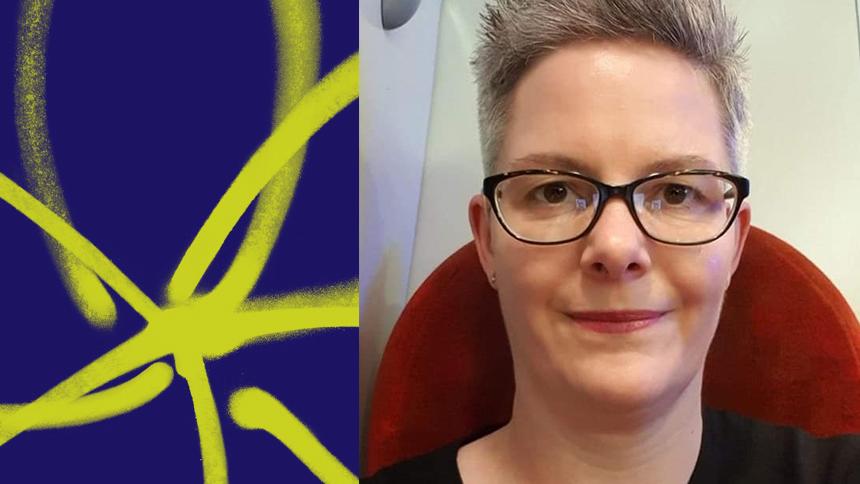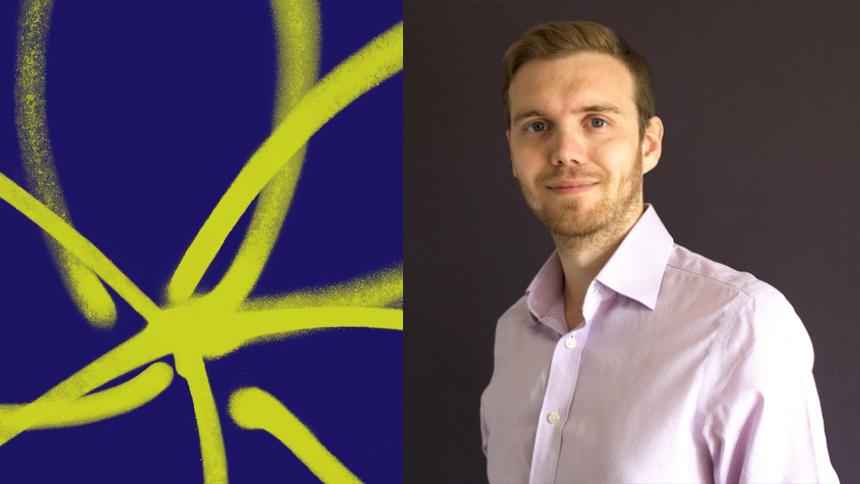Bright ideas: Investment today for a breakthrough in dementia research tomorrow
Alzheimer’s Society has announced significant funding for some of the most talented dementia researchers around.
It’s been a turbulent year for dementia research. As coronavirus hit, studies came to a standstill as labs were forced to close and face-to-face interviews became impossible.
There was also much financial uncertainty, with Alzheimer’s Society forced to pause funding for new research during 2020, leaving pioneering projects and talented researchers hanging in the balance.
But as we hopefully emerge from the pandemic, the Society is excited to launch projects previously put on hold, with £2 million in funding.
This includes £800,000 to studies led by early career researchers. These are researchers who are at the beginning of their careers but already starting to specialise and become experts in their area.
Researchers start off with a PhD studentship before moving to postdoctoral research projects and fellowships. Each project requires funding for the tools and equipment they need to carry out their research.
However, the uncertainty of the last year has raised concerns that promising researchers are being forced to move to other, better funded areas of research.
‘Early career researchers bring bright ideas and new perspectives. But they’ve been the most vulnerable to being lost to the field as a direct result of the crisis, as many funding opportunities have been withdrawn,’ says Julia Ravey, Research Communications Officer at the Society.
‘Our Early Careers Researchers Fund will secure the future of these talented researchers as they tackle some of the biggest questions about dementia at leading universities across the UK.’

Emma’s PhD was the first of its kind worldwide.
Shaping support
This early career investment is making a varied range of vital research possible. Among the projects to be funded are those aiming to understand the effects of a type 2 diabetes drug on dementia, how certain genes affect dementia, and how to increase GPs’ confidence in having conversations about end of life care.
Another exciting project is being led by Emma Ferguson-Coleman, a Research Fellow at the University of Manchester.
Previous Society funding enabled the Deaf with Dementia Project to develop a dementia assessment in British Sign Language (BSL), understand more about Deaf people’s knowledge of dementia, and share the stories of Deaf people with dementia and their families. The findings featured in Emma’s PhD, which was the first of its kind worldwide.
Emma’s latest study is gathering the opinions of Deaf carers about how to shape culturally appropriate support services for people with dementia and their Deaf carers.
‘There is a widespread lack of access to primary healthcare services for Deaf carers in their first language of BSL, so Deaf people’s experiences of supporting a person with dementia aren’t often represented,’ says Emma, herself a Deaf BSL user.
‘I am in an ideal position to increase awareness and visibility of this minority culturo-linguistic group and empower its citizens.’
Emma says that our support has enabled her to become an internationally recognised Deaf researcher, and that such funding for early career researchers must be maintained.
‘There is still so much to do to ensure that people with dementia are respected and included as first-class citizens in today’s world,’ she says.

Ryan says he’s had Society support since day one.
Stepping stone
Previous early career researchers have made important and impressive advancements with Society funding. These include showing how technology can speed up drug design and developing a smartphone app that can spot the very early signs of frontotemporal dementia (FTD).
Ryan West is a researcher who specialises in FTD and last year published exciting early-stage research into a liver drug that may be able to protect brain cells from the damaging effects of this type of dementia.
‘From day one of my PhD to now, I’ve either had funding from or have been affiliated with Alzheimer’s Society,’ he says.
‘Being awarded my Alzheimer’s Society fellowship represented a real stepping stone between being a post-doctoral researcher and starting to set up my own, fully independent research lab.’
Defeat dementia
We can’t afford to lose any more researchers who might hold the key to the dementia breakthroughs of tomorrow. That’s why we are incredibly grateful to everyone who has donated to the Society and enabled us to resume our funding.
‘Without your generous support these projects would be unable to go ahead,’ says Julia.
‘We can now continue to invest in the first step of a researcher’s career, which could span decades and lead to life-changing discoveries which help us defeat dementia in years to come.’
What can you do to help?
You can help get vital research back up and running to improve the lives of people with dementia, now and in the future.

